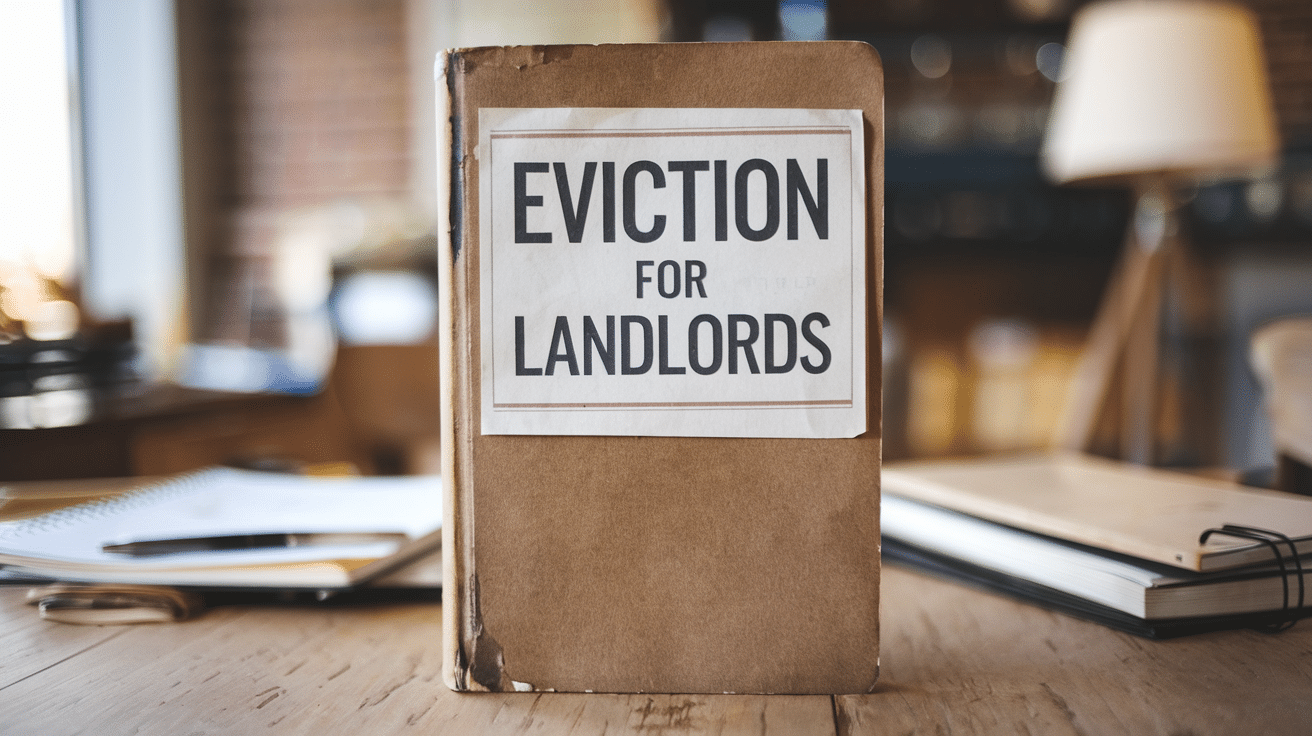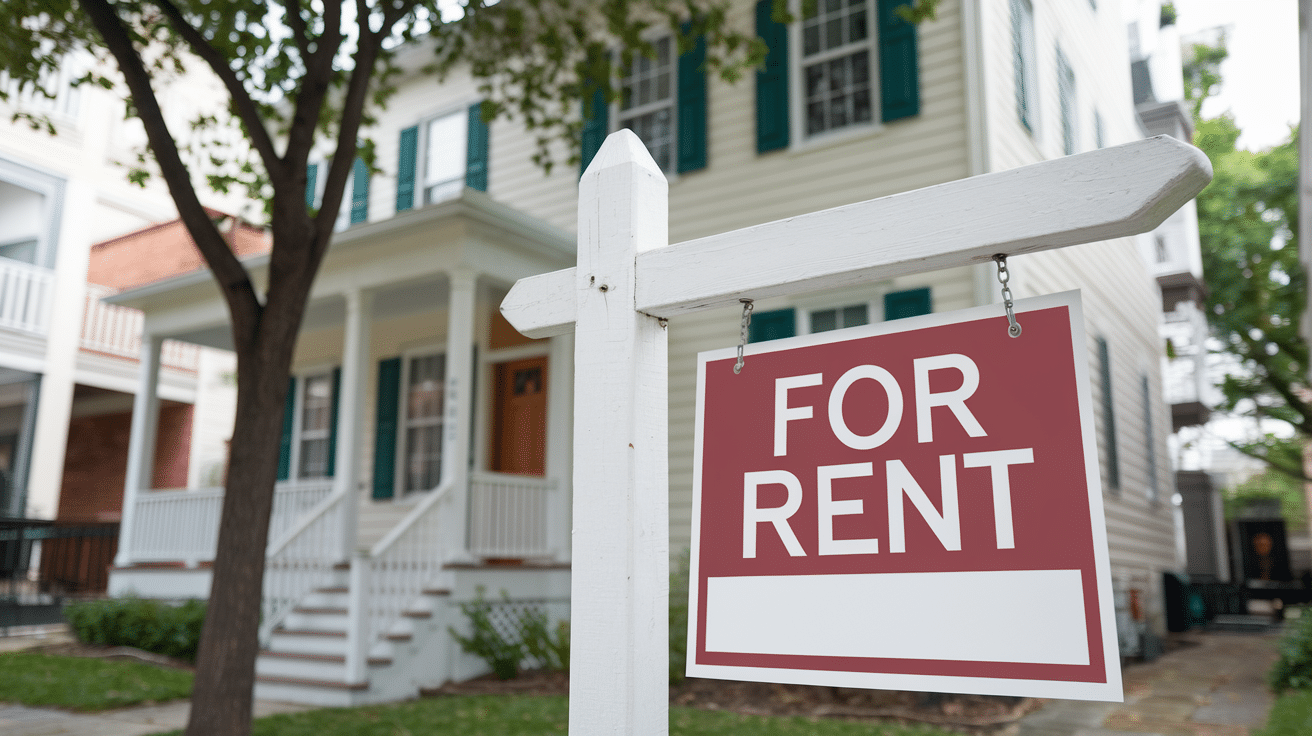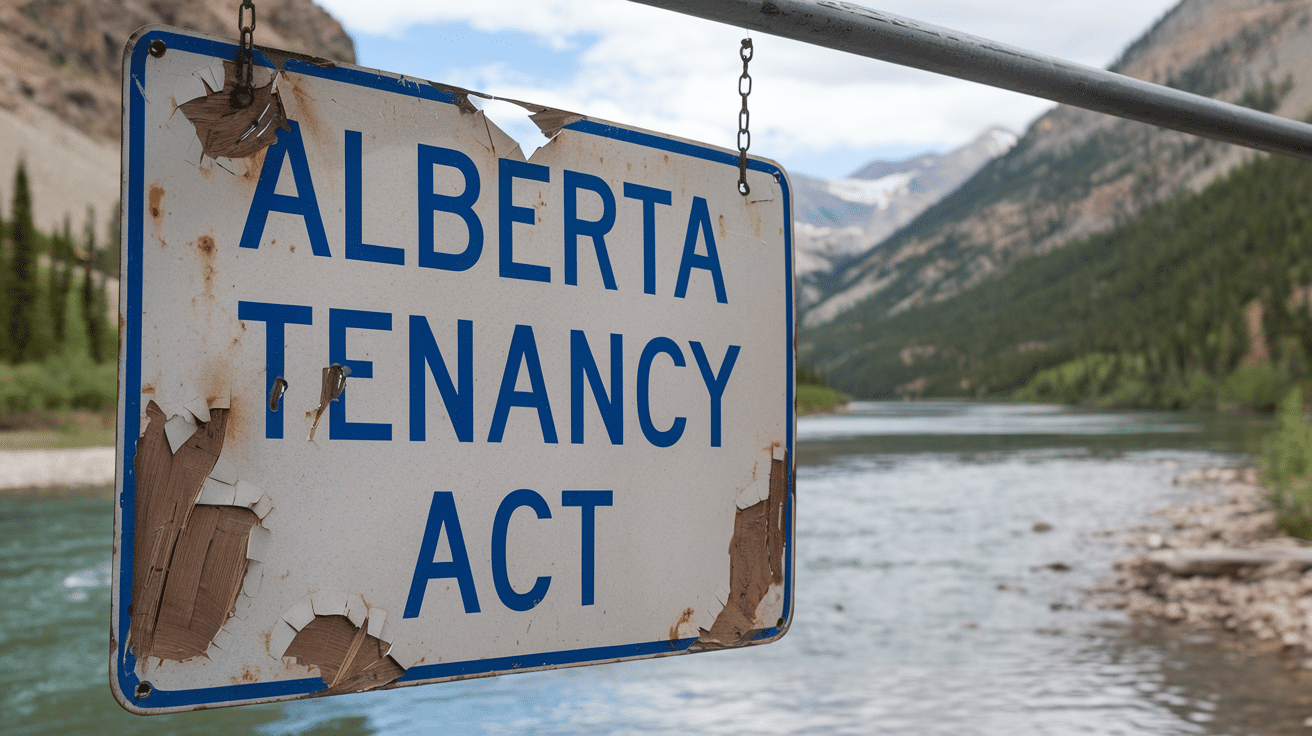From finding the right tenants to maintaining the property, every aspect requires careful attention and management. As a new landlord you will take on the role of property manager unless you outsource it to a professional team like Property Managers Edmonton. You’ll need to know how to screen tenants, handle maintenance requests, and comply with legal requirements. By mastering these skills, you can reduce issues, maintain steady rental income, and increase tenant satisfaction.
Investing in learning about property management adds significant value to your real estate portfolio. By keeping your property in good shape and retaining tenants, you’ll protect your investment and ensure long-term growth. This guide will equip you with the knowledge and strategies needed to become a successful landlord.
Key Takeaways
- Effective property management is crucial for a smooth rental experience.
- Maintaining property and tenant satisfaction is essential for investment growth.
- Knowledge and strategies in property management lead to success.
Essentials of Property Management

A successful landlord must balance multiple responsibilities, from preparing the property to navigating lease agreements. These essentials ensure a smooth and profitable rental experience.
Understanding the Role of a Landlord
A landlord has several key responsibilities. He or she must comply with local landlord-tenant laws, which include maintaining a safe environment and respecting tenant privacy. Regular safety checks, such as inspecting smoke detectors, are crucial.
Maintenance and repairs should be handled promptly to prevent larger issues. Keeping communication clear and professional with tenants fosters a positive relationship and helps in resolving disputes efficiently.
Preparing Your Property for Tenants
Before renting out a property, it requires thorough preparation. Ensuring all utilities work correctly and repairing any damages is a priority. A clean, well-maintained property attracts better tenants and helps in setting the right expectations.
Conducting a detailed inspection checklist can be beneficial. Documenting the condition of each room and appliance helps during future disputes over damages. It’s also wise to ensure that all property aspects comply with safety standards and local regulations.
Effective Marketing and Tenant Screening
Effective marketing starts with good advertising. High-quality photos and accurate descriptions of the property are essential. Listing the property on various rental platforms increases visibility.
Screening tenants is just as important. A thorough process involves credit checks, employment verification, and reference calls. Doing this helps in selecting reliable tenants who are likely to pay rent on time and maintain the property well. Using a detailed tenant application form can streamline the process.
Navigating Lease Agreements and Rent Collection
Creating a clear and detailed lease agreement protects both the landlord and the tenant. This document should outline rent amount, payment methods, and due dates, as well as late fees and penalties.
Collecting rent on time is critical for maintaining cash flow. Setting up a convenient payment system, such as online payments, can reduce late payments. It’s also important to follow up promptly if rent is late and to understand the legal procedures for handling non-payment.
Maintaining and Growing Your Rental Property Investment

Effective property management requires a range of skills and knowledge to maintain the property and ensure financial growth. This section covers the essentials of keeping your property in top condition, managing finances wisely, and implementing long-term strategies for success.
Property Maintenance and Regular Inspections
Regular maintenance and inspections are vital for preserving property value and ensuring tenant satisfaction. Regular maintenance tasks include checking the HVAC system, plumbing, and electrical systems, as well as ensuring the property is clean and well-kept.
Property inspections should be conducted at least twice a year to identify and address issues before they become major problems. Inspections help you catch small repairs early, preventing costly fixes later on.
Maintaining a log of all maintenance activities also proves beneficial during disputes and supports tenant retention by ensuring a safe living environment.
Financial Management and Tax Considerations
Managing the financial aspects of your rental property is crucial for success. Begin by creating a detailed budget that includes cash flow projections, anticipated expenses, and emergency funds.
Keeping track of all IRS deductions is another critical area. Expenses such as repairs, maintenance, and property management fees are typically deductible, reducing your overall tax burden.
Lastly, keep an eye on your rental income versus expenses to ensure profitability. Proper budgeting helps in forecasting future expenditures and potential investments, aiding in better financial planning.
Strategies for Long-Term Success and Growth
To grow your rental property investment, focus on tenant retention and minimizing turnovers. Evictions are costly and time-consuming, so establishing good relationships with tenants is key.
Regularly review the local rental market to ensure your rates are competitive but fair. Strategic property improvements can also boost property value and attract potential tenants.
Diversifying your investment property portfolio by acquiring additional properties can spread risk and increase overall returns. Keeping up with market trends and continuously learning about property management will help you stay ahead in the game.






